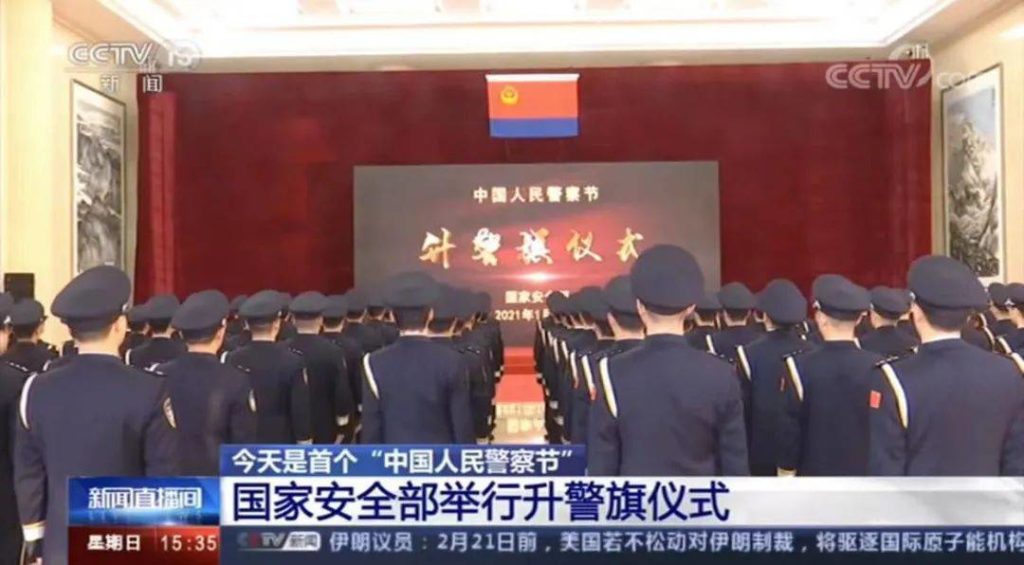
In this episode from the New Books in National Security podcast, Peter Mattis and I discuss:
- The targets of China’s Ministry of State Security and the PLA Intelligence Bureau
- Where Beijing sees winners and losers in the espionage competition
- Why China made cyber espionage so effective
- How communist ideology and Xi Jinping “thought” affect intelligence collection and analysis
- The intersection of Chinese espionage and influence operations
Peter Mattis has worked on a range of China-related issues in the U.S. government and within think tanks. Recently, he served in government as the Senate-appointed Staff Director on the Congressional-Executive Commission on China. He began his career as a counterintelligence analyst at the Central Intelligence Agency, and he was a fellow at The Jamestown Foundation when he co-authored Chinese Communist Espionage: A Primer.
Matt Brazil is a senior analyst at BluePath Labs in Washington, DC, and is currently working on a second book which will be a narrative account of Beijing’s contemporary espionage and influence offensive. Before helping to write Chinese Communist Espionage, he worked as a soldier, diplomat, export controller, and corporate security investigator. He has spent over eight years living and working in China.
The host, John Sakellariadis is a 2021-2022 Fulbright US Student Research Grantee. He holds a Master’s degree in public policy from the School of International and Public Affairs at Columbia and a Bachelor’s degree in History & Literature from Harvard University.